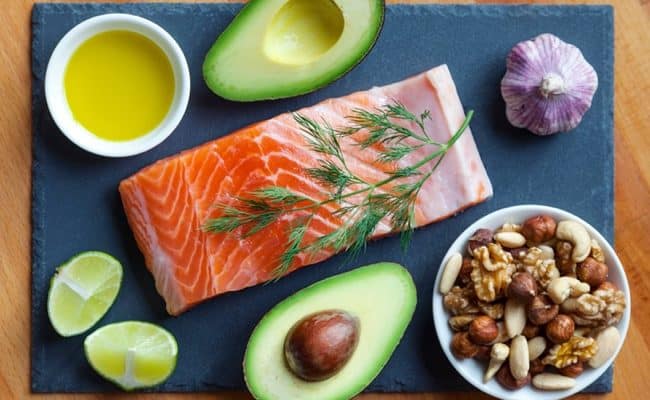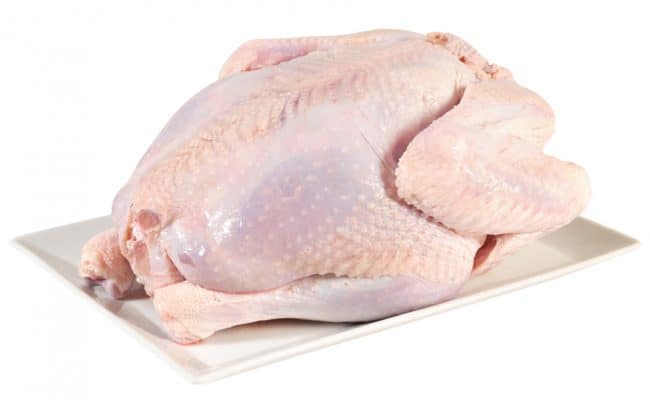
Building strong bones is vital to prevent osteoporosis later in life, as well as to reduce risk of fractures and breaking bones even at a young age. Osteoporosis is a debilitating condition that can cause pain, limit mobility and have a huge impact on quality of life, so it is worth taking a few steps to reduce your risk of developing this condition.
Women are particularly at risk of osteoporosis, but it can effect men too. Most bone mass is formed before the age of 20 and this gradually decreases with age until menopause in women where a large decrease in density is common.
People who have high bone density when they are young generally have less chance of developing osteoporosis later in life, so maximizing bone strength in the teenage years is essential.
However, it is never too late to reduce your risk and build stronger bones, so here are some simple ways to get stronger bones with diet and exercise.
Eat more calcium containing foods
Calcium is required from food to replace that which is lost from bones as they age to maximize their density. The average woman needs around 1000mg of dietary calcium per day, although this increases in women older than 50 to 1200mg. The highest recommendation however is for teenagers, who require around 1300mg per day to optimize bone growth at this critical period.
Good food sources of calcium include dairy products, including milk, yogurt, and hard cheeses, green leafy vegetables such as collards and Chinese greens, nuts and calcium fortified foods, for example juices, soy products and even breads and cereals.
A normal balanced diet including at least two serves of dairy daily should easily meet requirements and supplementation with calcium should only be required for medical reasons or in the case of those following more restrictive diets such as veganism. (See also: How to get calcium without dairy)
Eat moderate amounts of protein
Very high protein diets, such as those which are popular for weight loss or muscle building may have a negative effect on bone strength. A diet which is excessively high in protein causes acids to form in the body which have the effect of removing calcium from bones, leaving them weaker.
Protein in moderate amounts is fine, but should be included as part of a balanced diet that also contains carbohydrates, healthy fats and plenty of fruit and vegetables. (See also: How to eat more protein without meat)
Get some sunshine daily
Vitamin D is another important component required for strong bones as it facilitates optimal calcium absorption. Very few foods naturally contain high levels of vitamin D, however more and more are now being fortified with to include it, such as cereals, milks and margarines. Eggs and some fish such sword fish contain vitamin D in reasonable amounts naturally.
The body is also capable of making vitamin D itself when exposed to sunlight. About 15 minutes of sun three of four times a week is all that is needed to provide adequate vitamin D in most countries, although in places with very long winters or little sun more may be required.
Reduce your salt intake
Salt is thought to increase the loss of calcium from bones, so cutting back on your salt intake may help to preserve bone strength. Avoid adding salt at the table and in cooking where possible, flavoring instead with herbs and spices, and eat fresh foods rather than canned varieties and salty meats and snacks where possible.
Increase your exercise levels especially those that are weight bearing
The more you use your bones the stronger they become, and the best way to do that is to do weight bearing exercise. Any exercise where you are supporting your body weight, such as running, walking, dancing and team sports such as football will help to increase bone strength, however, exercise when your weight is supported in another way such as swimming and cycling are not as effective. You should aim for at least five hours of weight bearing type exercise per week.
In order to strengthen bones even further, resistance exercise such as weight training, working with a resistance band, or even lifting shopping bags regularly can all help.
Quite smoking
Smoking is linked with increased risk of osteoporosis, so it is wise to cut down or even quit if possible.
Drink water
Water is the best drink for maintaining bone density as other options such as tea, coffee, soda and alcohol can all reduce the absorption of calcium and consequently weaken bones. See also: How to drink more water.
Maintain a healthy weight and avoid crash diets
Very rapid weight loss such as that experienced on many crash diets can cause bones to weaken as the amount of estrogen in the body is reduced. This hormone helps to protect the bones and keep them strong.
For the same reason, having a very low body weight, such as in the case of anorexia, can also weaken bones. This can be particularly concerning in teenage girls who may be prone to dieting and eating disorders in a time when it is important to optimize bone density for later life.
Women who have a history of dieting, eating disorders or even went through phases of avoiding dairy as a teenager are at higher risk of osteoporosis later on.
References used in this artcle










